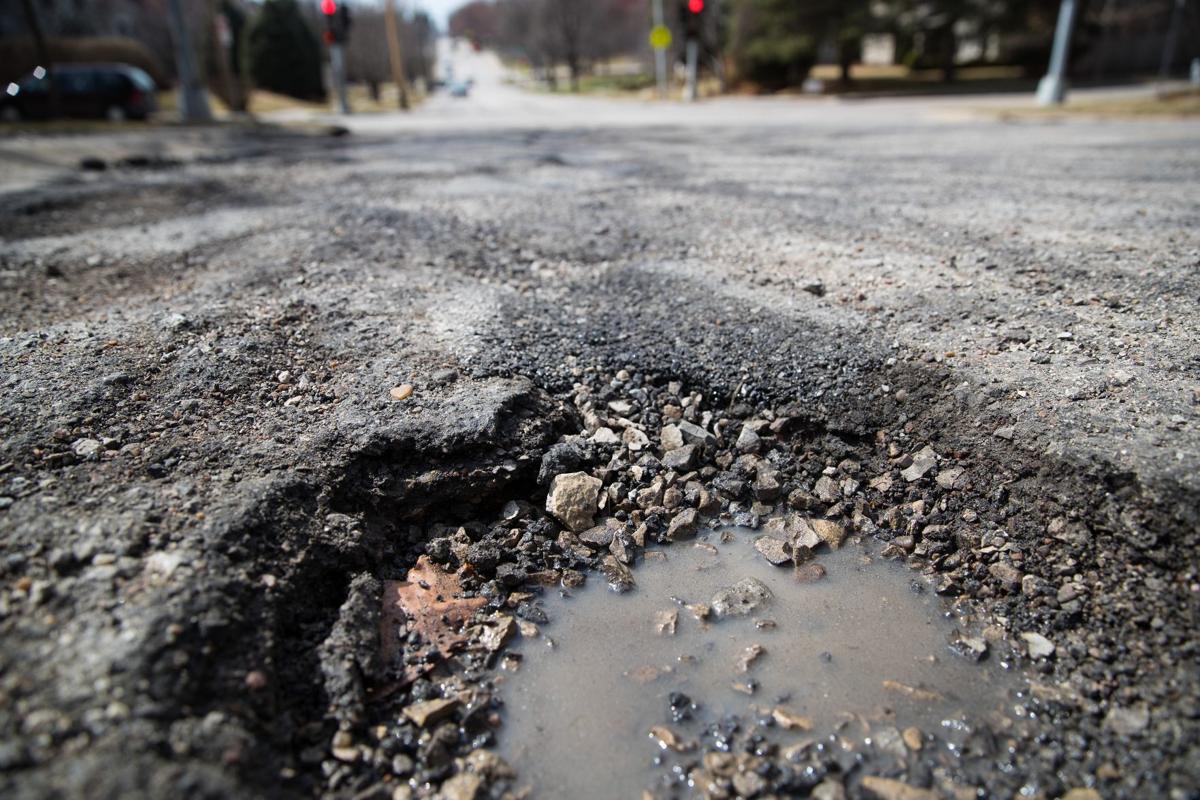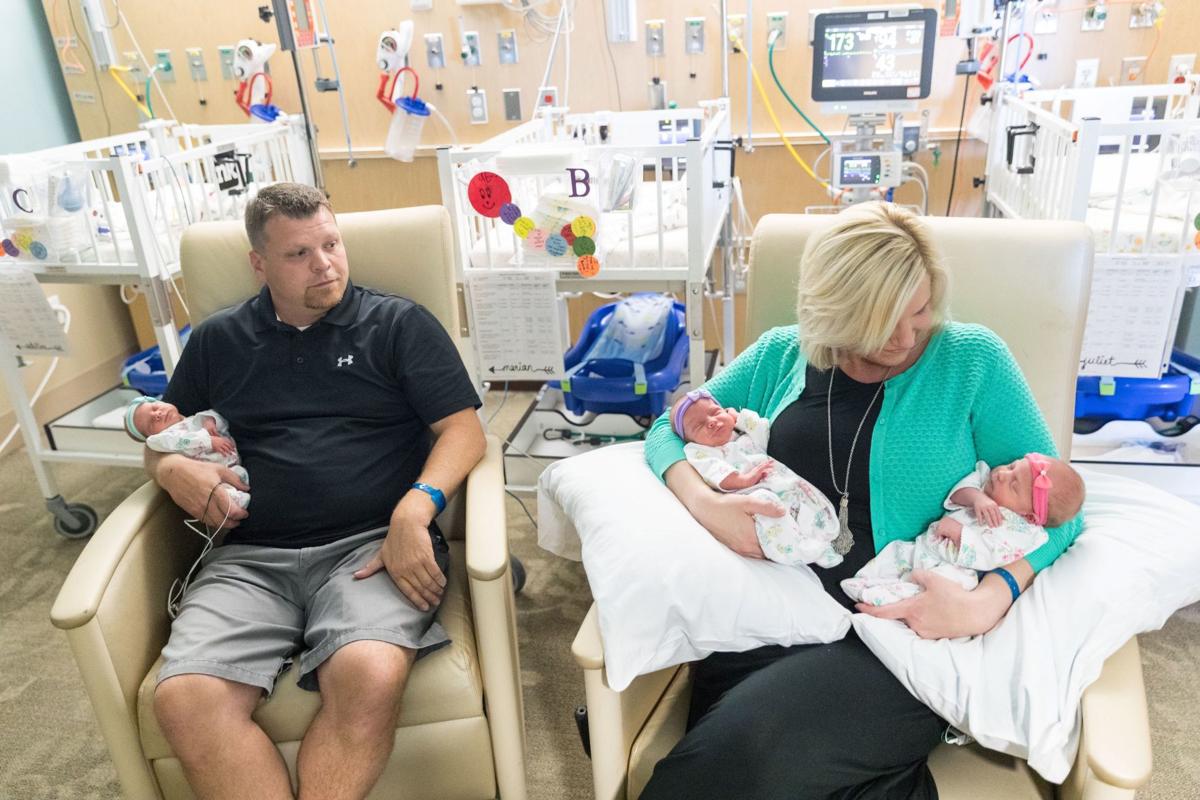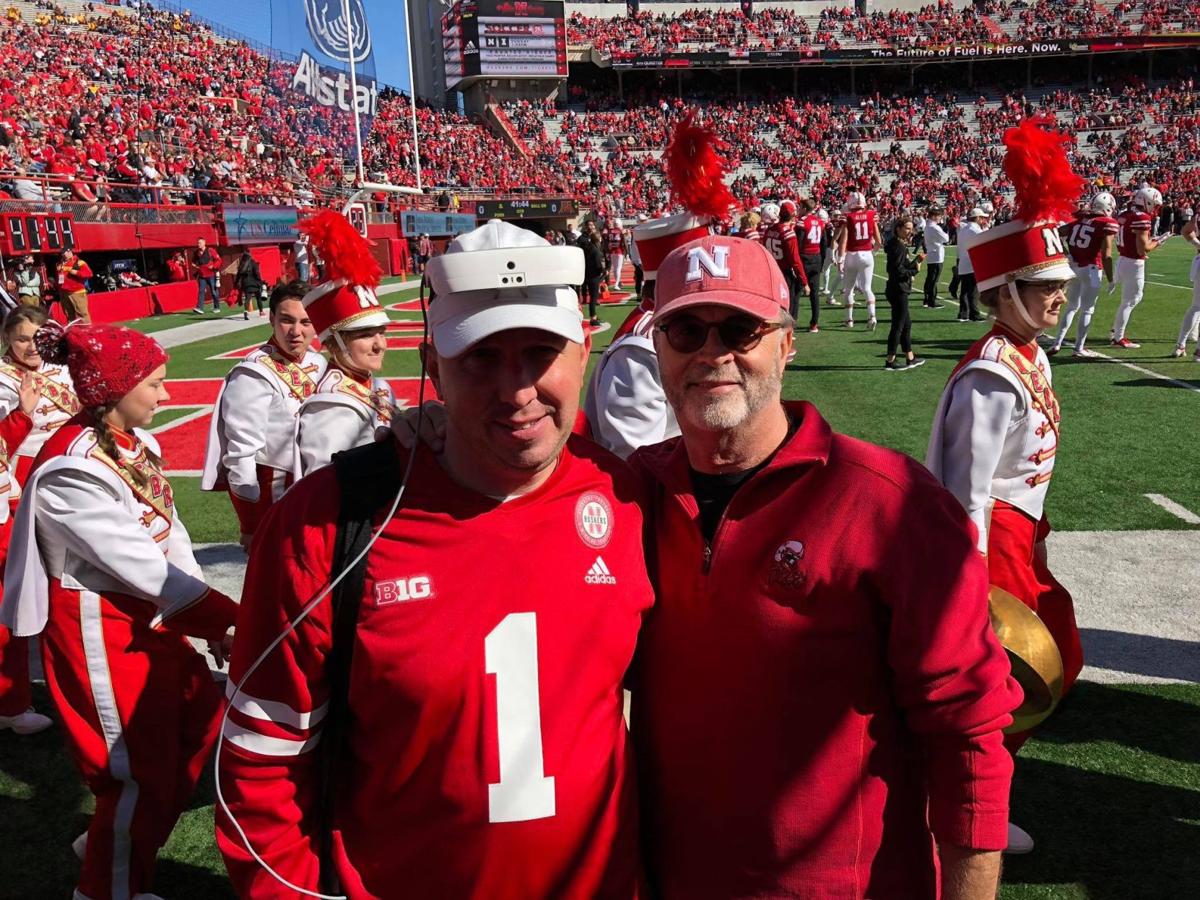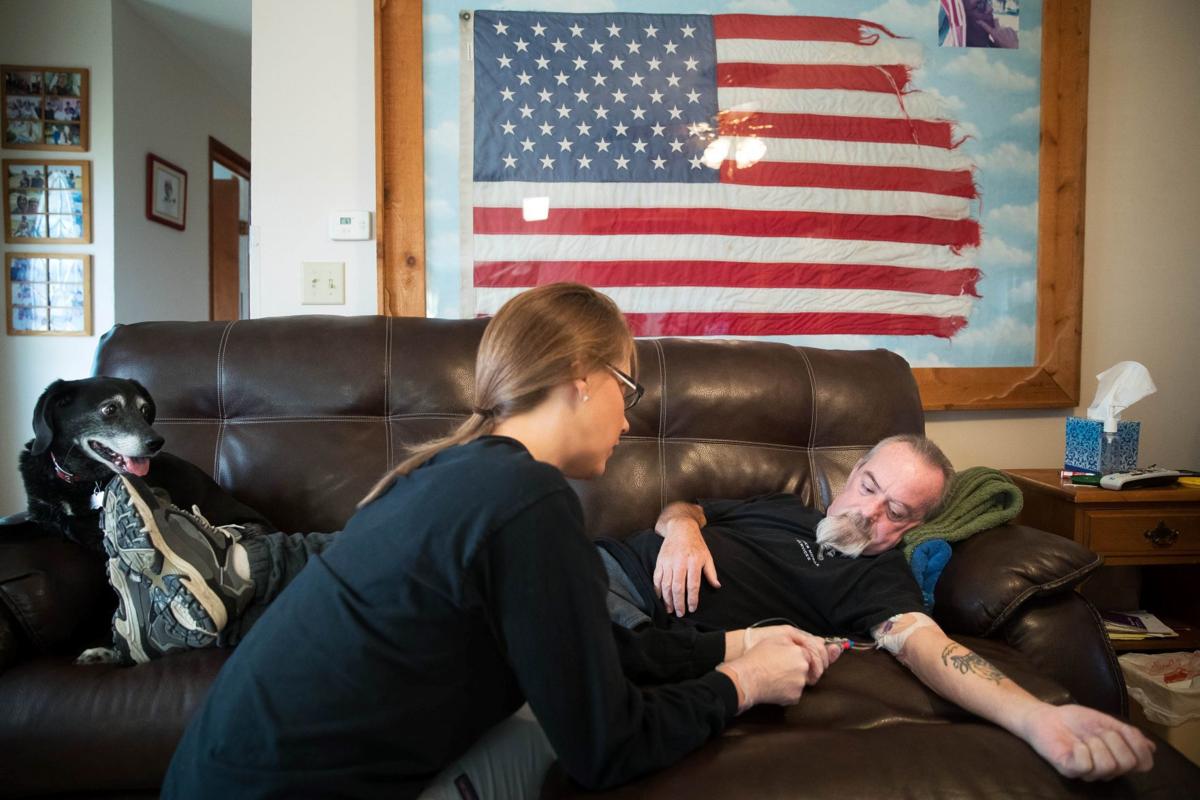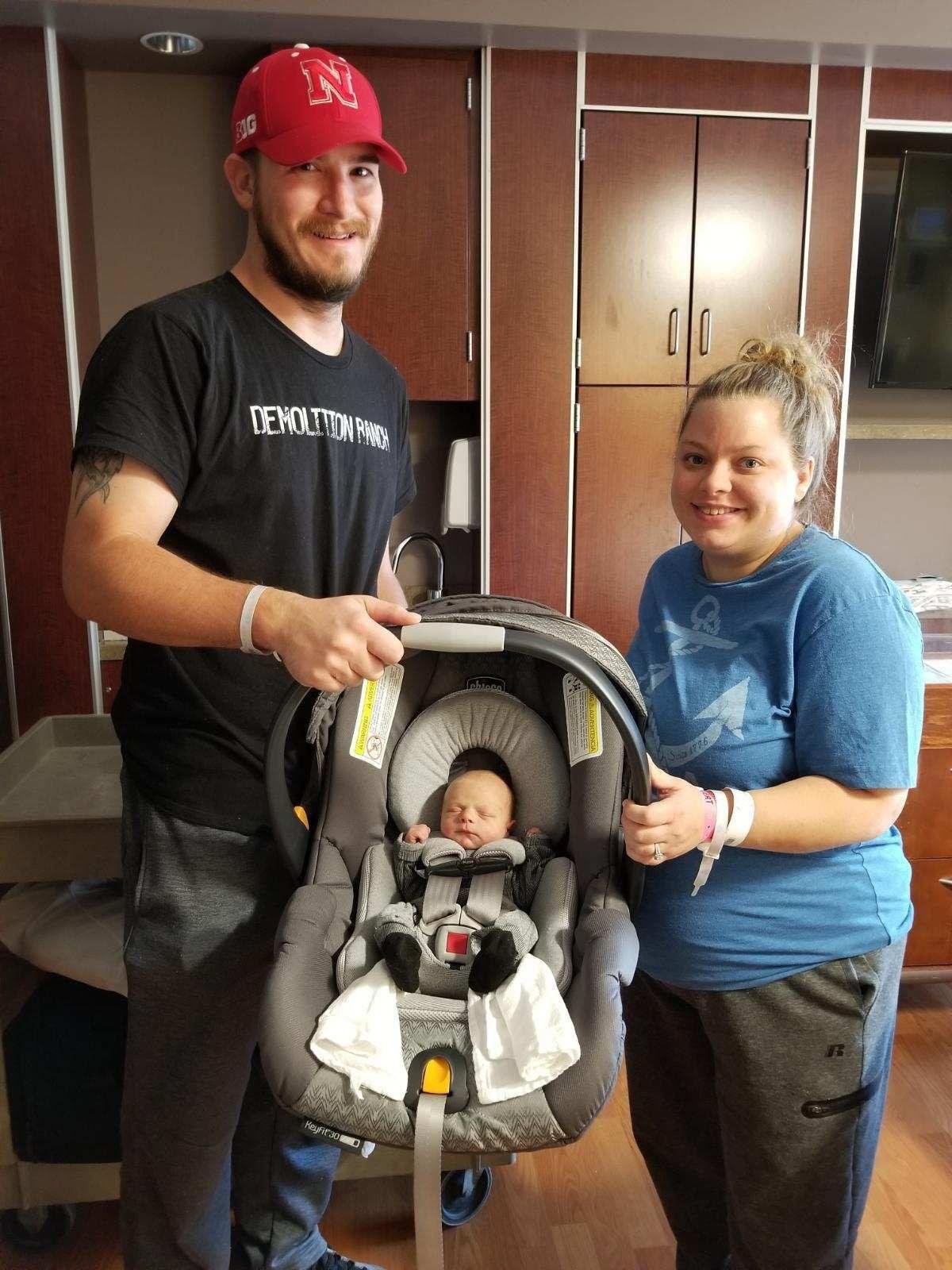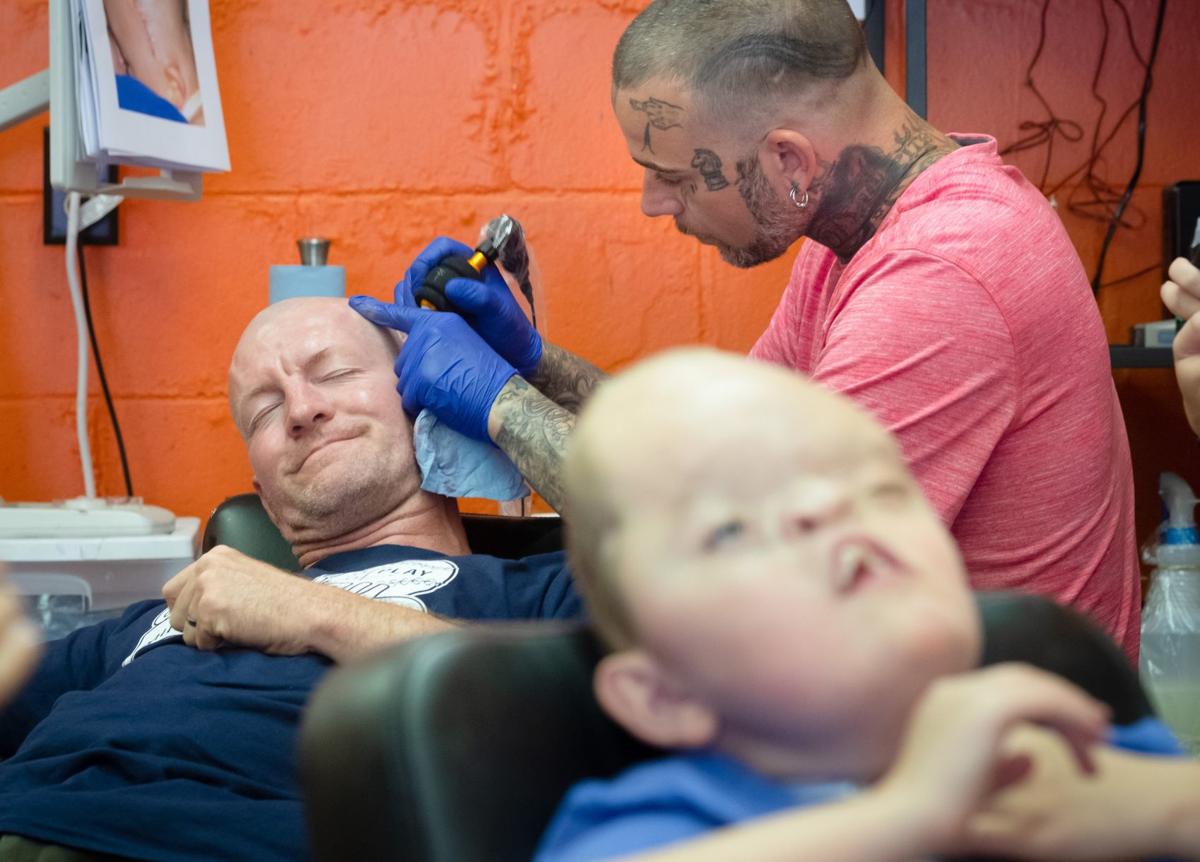LINCOLN — Nebraska Medicaid would save nearly $360 million over five years under a controversial plan submitted for federal approval.
The plan would create a two-tier benefits system for expanding Medicaid to some 94,000 more low-income Nebraskans. It also would end retroactive coverage for most Medicaid patients.
Together, the changes would rein in spending on adult Medicaid services by about 4.3% annually, according to state Medicaid officials.
The application for federal approval said the plan would benefit both patients and the state and aims at “encouraging better health outcomes and life success both for the sake of each individual beneficiary as well as the sake of the long-term financial sustainability of Nebraska’s Medicaid program.”
But Sarah Maresh, with Nebraska Appleseed, said the final plan poses the same barriers to health care that were part of the draft proposal. It also delays the expansion of Medicaid until Oct. 1 next year.
“What we see is the cost savings is due to cutting coverage and benefits to those who need it the most,” she said.
Comments submitted to federal officials on the state’s application as of Friday generally panned the proposal.
“Overall this waiver is a failure,” an unnamed person wrote. “Our DHHS (Department of Health and Human Services) calls it an experiment but it is (sic) proposes illegal, cruel, and wasteful programs.”
Dr. Ali Khan wrote: “We did not vote for a 2-tiered system, work & wellness requirements, and changes to retroactive eligibility. Please honor the will of the citizens of Nebraska.”
Nebraska Medicaid officials developed the plan, called Heritage Health Adult, after voters passed a law in 2018 requiring the state to expand Medicaid to more low-income adults.
The state’s plan must get federal approval because it involves waiving traditional Medicaid rules. The waiver would allow for different benefits and more stringent requirements, including work requirements, than traditional Medicaid.
Backers of expansion have denounced the plan for delaying coverage of the newly eligible. They said the plan would add cost and complexity to Medicaid coverage and also questioned the legality of the work requirements.
State officials made few changes between their draft plan, released in October, and the final application for federal approval, despite strong opposition from people who testified at a series of public hearings and provided written comments.
The biggest difference was in a section comparing the costs of implementing the state’s plan with the costs of expanding Medicaid without the plan. To win approval, the state must show that its plan would not increase costs to the federal government.
Nebraska projections show both the federal government and the state would spend less on Medicaid services with the plan. Medicaid is jointly funded by states and the federal government. The savings of state dollars over five years is projected at $86 million.
Sign up for the Live Well Nebraska newsletter
Get the latest health headlines and inspiring stories straight to your inbox.
More than half of the savings would come from eliminating retroactive eligibility for most Medicaid patients. The change would mean coverage starts in the month a person applies for Medicaid, rather than going back to pay for health care services three months before the application date.
Other savings would come from not providing dental, vision and over-the-counter medication benefits to one in every three newly eligible patients. The application estimated that many would fail to qualify for full benefits at any one time. Those would be people who fail to meet one or more of the eight wellness, personal responsibility and “community engagement” requirements needed to get full benefits.
Nebraska’s cost projections did not include administrative costs, including the costs of reviews every six months to check whether patients are meeting requirements. Medicaid officials said the majority of administrative costs would be from adding more people to Medicaid, not from the proposed changes.
But Tiffany Friesen Milone, policy director for the OpenSky Policy Institute, a Lincoln-based think tank, said she was concerned that “a big chunk of expense” was not accounted for in the application. She noted that the state has to pick up 50% of administrative costs, while it only has to cover 10% of health care costs for Medicaid expansion.
The 2018 ballot measure required Nebraska to expand its Medicaid program as allowed under the federal Affordable Care Act. Those newly eligible are working-age adults without disabilities or minor children whose incomes fall below 138% of the federal poverty level — $16,753 for a single person or $34,638 for a family of four.
Currently, single adults and couples without minor children cannot qualify for Medicaid, no matter their income level. Also barred are parents and disabled people with incomes higher than the current Medicaid cutoff. Noncitizens are not eligible now and would remain ineligible under expansion.



